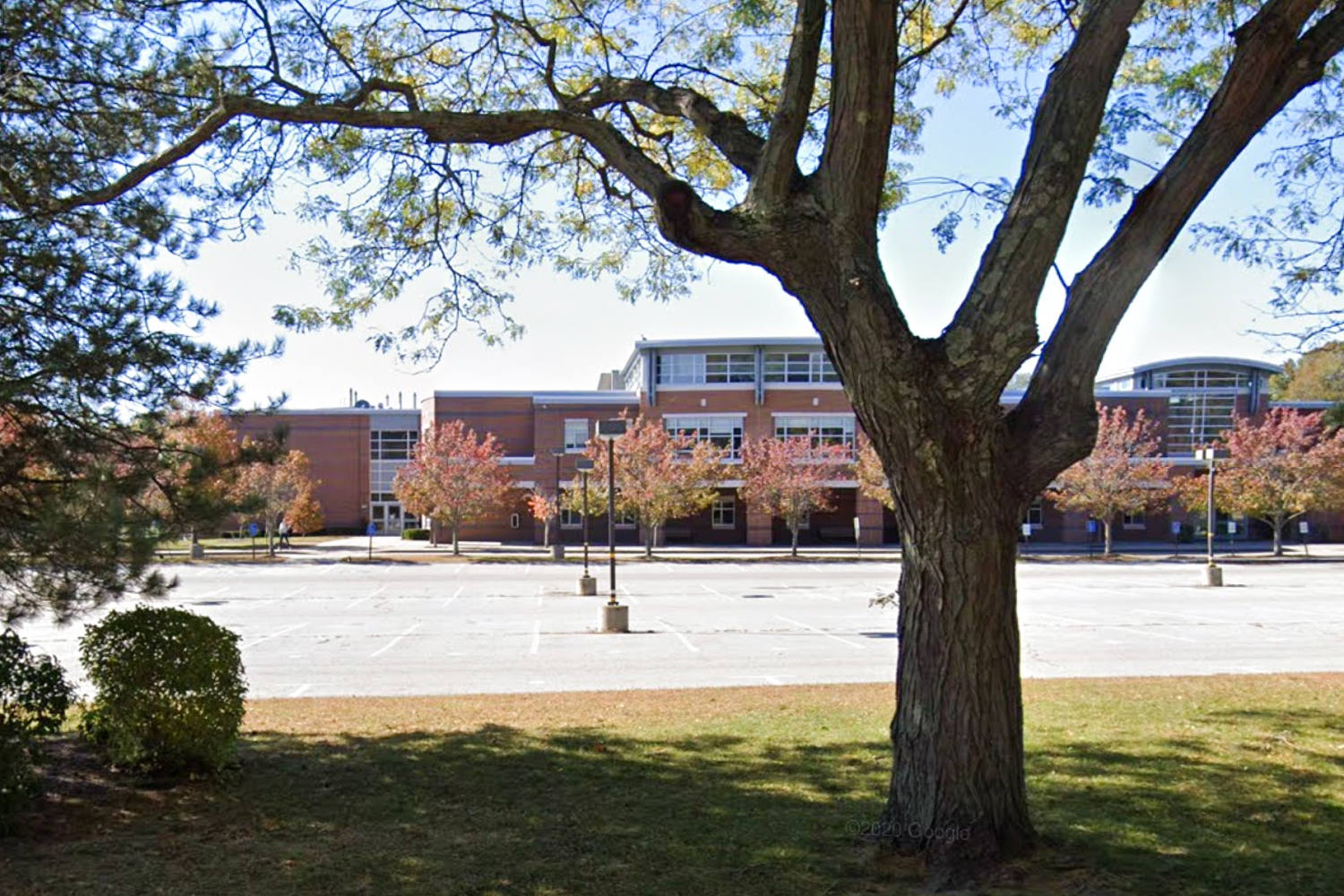
The parents of a Massachusetts high school senior are suing his teacher, school district faculty members and a local school committee for punishments he received after he used artificial intelligence tools to research and create an outline for a history class essay.
The lawsuit, filed in Massachusetts district court, said the student didn’t break any rules and is now at a disadvantage in the highly competitive Ivy League college application process after he received punishments that included a detention, a poor grade and the inability to join the National Honor Society.
The lawsuit is one of the first of its kind in contesting school discipline over the use of AI to complete academic work. The complaint said the school’s AI policy was added to the Hingham High School student handbook only the year after the plaintiff’s son was punished. As schools, workplaces and institutions acclimate to the increasing use of generative AI tools for education, labor and more, the Massachusetts case could establish a legal precedent about disciplinary decisions.
“It’s underregulated, especially in a school setting,” Peter Farrell, the family’s lawyer, said about AI in a phone interview. “It is here to stay, it is ubiquitous, and it’s going to be a part of everyone’s everyday life in the very near future.”
“AI is not plagiarism,” Farrell went on to say. “AI is an output from a machine.”
The student’s school district, Hingham Public Schools, said it was unable to provide further details during ongoing litigation and to respect the student’s privacy. The defendants, who include high school faculty and staff members, filed a motion to dismiss the complaint. Farrell said the parties will meet next week in court to move forward with the case.
The student, who is referred to only by his initials in the lawsuit, set his sights on Stanford University, according to the complaint, and got a perfect score on the ACT standardized college entry test.
But after his AP US History teacher discovered he and another student used AI for a project on basketball legend Kareem Abdul-Jabbar late last year, the complaint said, the student received zeroes and an overall D on the assignment, pulling him down to a C for the semester and lowering his overall GPA. The complaint said the student also received Saturday detention and was initially barred from the National Honor Society, too. Farrell said they are awaiting a retroactive induction after an internal investigation found that the student was no longer barred from the organization.
Farrell said the student wasn’t using AI to write his paper for him but was using it in a way akin to a Google search, to find sources and develop ideas. His teacher discovered the use of AI before the project was completed, and the student was separated from his partner and asked to restart the project with paper notes.
According to the complaint, the student’s parents, Dale and Jennifer Harris, a math teacher and an author respectively, first reached out to their son’s school after he was denied entry into the honor society over his previous use of AI. Months later, at the start of the 2024-25 school year, Hingham High School added a line about AI to its “Academic Integrity: Cheating and Plagiarism” section, defining cheating in part as “unauthorized use of technology, including Artificial Intelligence (AI ), during an assessment.”
Farrell said the internal investigation found that several other students who had been able to join the honor society had previously been disciplined, including one separate case of an infraction that also involved the use of AI. The complaint accuses the Hingham faculty of “threats, intimidation, coercion, bullying, harassment, and intimidation of reprisals.”
While the 2024 college admissions process is well underway, with rolling admissions having begun for some schools over the summer, the Hingham senior is waiting to submit applications. His family’s hope is that the case will compel his school to change his AP US History grade, instate him into the honor society and desist from characterizing the incident as “cheating” or another form of academic dishonesty, so he doesn’t have to indicate he has been disciplined on any applications.
“He’s already late,” Farrell said. “This is a fundamental threat to his future.”
Adam Nguyen, founder of Ivy Link, a college admissions advising firm, said the Nov. 1 deadline for early action college applications is approaching quickly. Nguyen, who went to Harvard Law School and also has a background in AI, said most top-tier colleges and universities are integrating AI into their own policies in a way that doesn’t ban its use altogether but requires students to use citations and original writing — not unlike how the Hingham student said he was using the tool. Nguyen said the student could also defend himself on his college applications, which would be considered if he is an otherwise exceptional candidate.
“I don’t think Stanford is going to apply a red line rule when it comes to the use of AI,” Nguyen said. “Given the situation and context of this case, there’s a lot working in favor of the student.”

